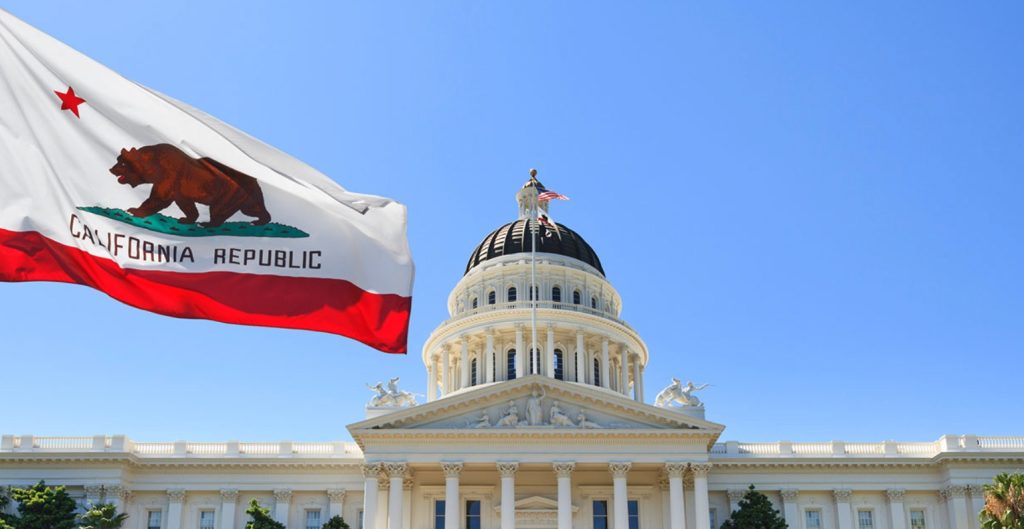In a decision with far-reaching implications for corporate climate accountability, a federal judge this week ruled that California’s groundbreaking climate disclosure laws—SB 253 (emissions reporting) and SB 261 (climate-related financial risk)—will remain in force. The ruling, which rejected a preemptive challenge by the U.S. Chamber of Commerce and allied business groups, clears the path for enforcement beginning in 2026.
A Defeat for Preemptive Legal Blocking
In late July, the U.S. District Court for the Central District of California confronted a motion for a preliminary injunction that sought to stop the state’s climate disclosure laws from taking effect. Judge Otis Wright II, in a comprehensive decision, concluded that “plaintiffs have not shown a likelihood of success on the merits” of their First Amendment claims, and thus denied the injunction.
The plaintiffs argued that requiring companies to report Scope 1, 2, and 3 emissions—or detail financial risks linked to climate change—compels them to engage in subjective or political speech. The court, however, made a clear distinction. SB 253’s emissions data, the judge held, is “purely factual and uncontroversial,” falling under the lower threshold of constitutional scrutiny for commercial disclosures. Under SB 261, which mandates climate risk reporting, the court acknowledged a higher degree of freedom is needed for closer examination—but still found that California’s investor-protection rationale withstands this intermediate review.
Mandated Disclosures Start 2026
Under the current timeline:
SB 253 requires large companies (those with more than $1 billion in revenue) doing business in California to report Scope 1 and 2 emissions in 2026, and Scope 3 (value chain) emissions in 2027.
SB 261 compels companies with revenues exceeding $500 million to publish biennial disclosures on climate-related financial risks, beginning January 1, 2026.
With the injunction denied, these deadlines remain firmly in place. As the court emphasized, halting enforcement now would undermine “laws that California implemented to advance public interests.”
RELATED ARTICLE: Tim Mohin: California Amends Climate Laws
What Corporate America Needs to Know
Legal advisors and ESG officers alike are taking notice:
“Companies should be ready. This ruling signals that compliance is not optional—it’s imminent,” says an environmental law partner at a major California firm.
Meanwhile, California’s Air Resources Board (CARB) is preparing to hold a public workshop on August 21, 2025, to flesh out definitions and reporting expectations under SB 261. Attending could give preparatory companies a competitive edge in shaping rulemaking and ensuring they meet the forthcoming mandates.
Beyond the First Amendment
While the court’s ruling is firm for now, the full legal battle is far from over. Business groups continue to claim that the laws:
Conflict with federal authority under the Clean Air Act, by regulating greenhouse gases beyond state borders.
Violate the Dormant Commerce Clause, argue, by placing undue burdens on interstate business.
These arguments, currently unresolved, will likely feature prominently in the trial scheduled for October 2026, and any subsequent appeals.
A Turning Moment in Climate Accountability
California’s disclosure laws appear poised to become a blueprint for corporate ESG reporting nationwide and globally. By affirming emissions and climate-risk disclosures as enforceable—yet legally sound—this ruling may herald a new era of transparency.

